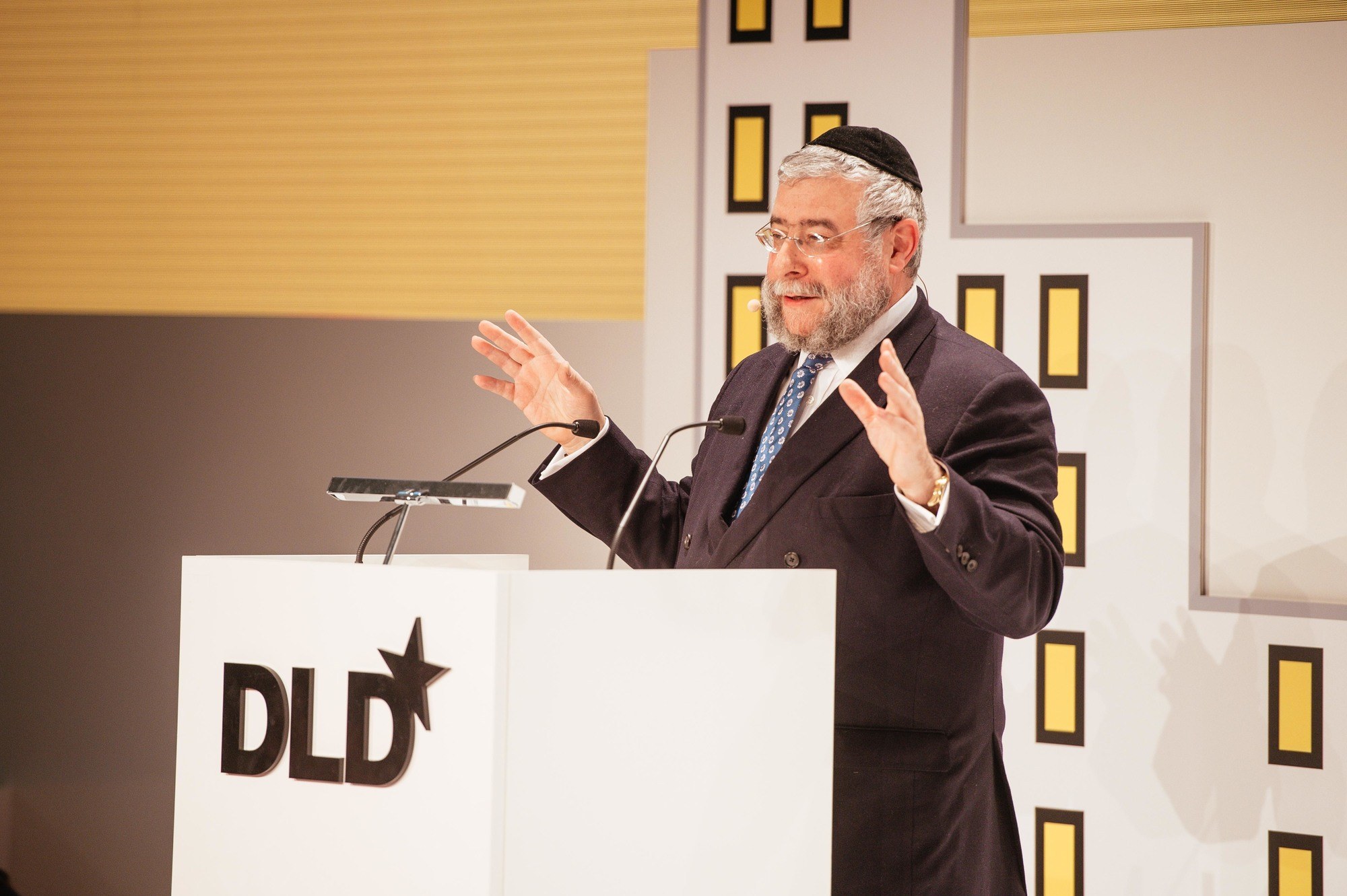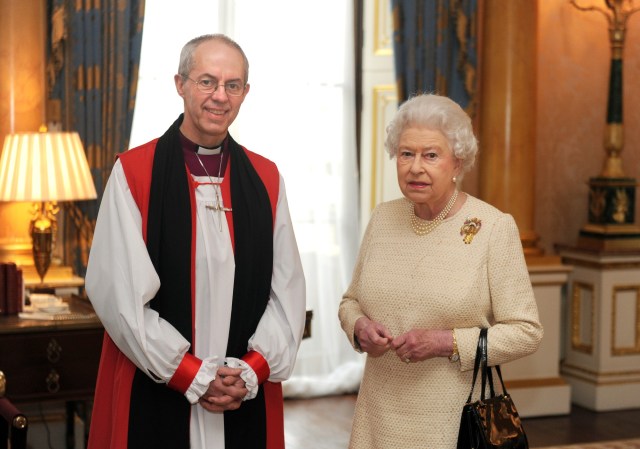The confusion between Church and State is bad for both. (Photo by Anthony Devlin – WPA Pool/Getty Images)

Secularism has long meant different things in different countries. In this country, it was conceived partly as an answer to the religious violence of the English Civil War. It was a kind of a peace treaty – a way for different religious traditions to live alongside each other without them bashing each other’s brains in. And the basic terms of this peace treaty were pretty straightforward: the state would stay out of religion and religion would stay out of the state. You and I might argue about life, the universe and everything – about salvation, about God’s laws – but, for the sake of peace between us, the state mustn’t pick sides. The state must be a neutral referee.
I have long associated myself with this sort of secularism. I believe in the disestablishment of the Church of England and an end to Bishops sitting in the House of Lords by right. And even though I am a Royalist, I don’t think the Queen should be both head of the church and head of state. In fact, I even think that the confusion of church and state is bad for the church – it turns us into subservient courtiers. But that’s a whole different story.
The basic point about secularism is that, when it comes to religious disagreement, the state stays out of things. Secularists of this sort can be religious or non religious. This sort of secularism does not mean – emphatically does not mean – state sponsored atheism. Or state hostility to religion.
But this tradition of secularism is now under threat in Britain. The fact that the National Secular Society has recently begun to campaign to make male circumcision illegal is a turning point. I do not propose to get into the rights or wrongs of male circumcision – though I do have strong views on the subject. Rather, I am interested in how an organisation that is named after a principle that seeks to establish peaceful co-existence between religions and non-religion can turn into an organisation that is actively campaigning against one particular expression of religious identity. And one that, for most Jews, and for many Muslims, constitutes a non-negotiable aspect of their religious identity.

The secularist arguments against circumcision show that secularism has shifted its meaning. It has given up on the idea that its goal is to promote peaceful co-existence between people of different religious traditions. It is absolutely not the case that a state which circumscribes the practice is staying neutral with regard to religious expression. The European ‘Chief Rabbi’ Pinchas Goldschmidt has described the movement to ban circumcision in Europe as “the worst attack on Jews since the Holocaust”.
Such a ban would fail the very basic purpose of secularism: that, as far as possible, the state stays of out the way when it comes to religious disagreement. Such a ban would be the state very much taking sides against Jews and Muslims.
And the reason they don’t is the simple fact that the National Secular Society has religion in its sights – it has given up on the basic idea that the state should be neutral with respect to religion. For the National Secular Society, secularism has become a way to campaign against the very existence of religion. Or, at least, a way to eliminate religion from the public square. To insist that religion has to be a matter of private and individual faith. That religion, as much as possible, must be confined to the private sphere.
The irony, of course, is that the idea that religion can be confined to the private realm is very much a Christian view – and a protestant Christian view, at that. The idea that religion can be reduced to something called “belief” – that it is something that happens between your ears – makes no sense whatsoever to religious people before the Reformation, and makes sense to only a very few of us even after it.
Religion is a set of beliefs and practices and cultures, often rooted in a certain ethnic identity, often more about what you do and who you are than what you think or believe. That’s one of the problems with the National Secular Society: its assumptions are far too Christian.
The genius of British secularism has long been that it was a non-ideological way of establishing peaceful co-existence between all religions and none. It was a flexible live-and-let-live philosophy. A modus vivendi. The reason the NSS’s backing of this ban is highly significant is that it feels like a significant stage in the collapse of this once honorable tradition. British secularism is morphing into something much more like French laîcité – an anti-religious movement seeking to stop religion appearing in public. Banning headscarfs. Banning people wearing religious symbols at work.
Many religious people used to be proud to call themselves secularists. Increasingly, this is no longer the case.










Join the discussion
Join like minded readers that support our journalism by becoming a paid subscriber
To join the discussion in the comments, become a paid subscriber.
Join like minded readers that support our journalism, read unlimited articles and enjoy other subscriber-only benefits.
Subscribe